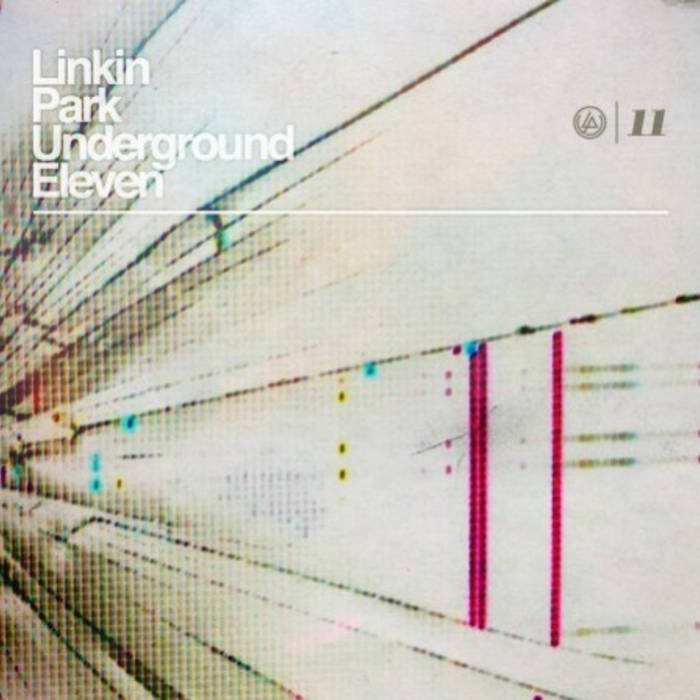
Linkin Park Hybrid Theory Ep Free Download
The personal favorite, and best song Linkin Park has ever produced, is In The End. It is the perfect blend of rock and hip-hop, and the sound will have you coming back for more year after year. Hybrid Theory is the basis for Linkin Park's sound.
• ' Released: September 28, 2000 • ' Released: March 1, 2001 • ' Released: September 25, 2001 (UK) • ' Released: October 9, 2001 Hybrid Theory is the debut studio album by American band, released on October 24, 2000, through. As of 2017, the album has been certified by the for sales in the band's home country of United States, with over eleven million units, peaking at number two on the US, and it also has reached high positions on other charts worldwide, with 32 million copies sold, making it the best-selling debut album since ' (1987) and the. Recorded at in, California, and produced by Don Gilmore, the album's lyrical themes deal with problems lead vocalist experienced during his adolescence, including and the constant and divorce of his parents. Hybrid Theory takes its title from the previous name of the band as well as the concept of music theory and combining different styles.
Four were released from the album: ', ', ', and ', all of them being responsible for launching Linkin Park into mainstream popularity. While 'In the End' was the most successful of the four, all of the singles in the album remain some of the band's most successful songs to date.
Although ', ', and 'My December' from the special edition bonus disc album were not released as singles, they were minor hits on radio stations thanks to the success of all of the band's singles and the album. At the, Hybrid Theory was nominated for. The album is listed in the book. It was ranked number 11 on 's 200 Albums of the Decade. A special edition of Hybrid Theory was released March 11, 2002, a year and a half after its original pressing. Spiderman 2 enter electro online. Linkin Park performed the album in its entirety at the on June 14, 2014 and on August 12, 2014 it was released as a live CD titled Hybrid Theory: Live at Download Festival 2014. Was said to be the final piece of the puzzle for the band Linkin Park was founded in 1996 as the band Xero: lead guitarist, vocalist and rhythm guitarist, drummer Rob Bourdon, turntablist, lead vocalist Mark Wakefield and bassist Dave Farrell (who subsequently left to tour with Tasty Snax).

In 1999, after Wakefield's departure, lead vocalist joined the five members of Xero and the band was renamed Linkin Park. Bennington's previous band, Grey Daze, had recently disbanded, so his lawyer recommended him to, vice president of coordination for, who at the time was seeking a lead vocalist for Xero. Blue sent Bennington two tapes of Xero's unreleased recordings — one with vocals by former Xero member Mark Wakefield, and the other with only the instrumental tracks — asking for his 'interpretation of the songs'.
Bennington wrote and recorded new vocals over the instrumentals and sent the tapes back to Blue. As Delson recalls, '[Bennington] really was kind of the final piece of the puzzle [.] We didn't see anything close to his talent in anybody else.' After Bennington joined, the group first renamed itself to Hybrid Theory and released a. Legal complications with Welsh group prompted a second name change, thus deciding on 'Linkin Park'. Throughout 1999, Linkin Park was a regular act at the Los Angeles club,. Writing and recording [ ] The music that would ultimately become the Hybrid Theory album was first produced by Linkin Park in 1999 as a nine-track demo tape.
The band sent this tape to various recording companies and played forty-two different showcases for recording industry representatives, including performances for Los Angeles promoter and impresario, Mike Galaxy's showcase at The Gig on Melrose. However, they were initially turned down by most of the and several. The band was signed by in 1999, due in large part to the constant recommendations of, who had joined the label after resigning from Zomba. Despite initial difficulties in finding a producer willing to take charge of the debut album of a newly signed band, Don Gilmore ultimately agreed to head up the project, with hired as the. Recording sessions, which mostly involved re-recording the songs off the demo tape, began at in, California in early 2000 and lasted four weeks.